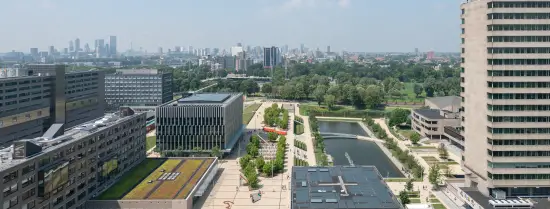
The world is alarmingly off track to achieve the Sustainable Development Goals (SDGs).
Science, technology and innovation are global public goods critical to the delivery of environmental sustainability for people and the planet, at the core of the SDGs.
To address the increasingly urgent need to tackle the complex and interconnected climate challenges we face (natural disasters, water shortages, lack of safe drinking-water, food crisis, starvation) and accelerate global progress, science needs to be disseminated beyond borders and paywalls.
The global need for clean energy and climate-resilient sustainable development brings into focus the need to embrace Open Science.
While different actors are contributing to expand the Open Science movement, framed by the UNESCO recommendation on Open Science adopted in November 2021, it is true to say that library and information professionals have helped build the foundations for Open Science and been influential in the implementation of Open Science policies in higher education and research institutes, where the majority of the world's research takes place.
We play instrumental roles contributing to the eight pillars of Open Science and expanding the frontiers of knowledge - building and maintaining Open Science infrastructures and networks; training and supporting researchers in Open Science practices; curating all types of research outputs; facilitating Citizen Science projects; enabling and democratising open access to FAIR knowledge and supporting users with skills development beyond access.
The many roles of library and information professionals also include climate justice advocacy - turning dry pieces of research into engaging content relevant to our local communities that foster climate-resilient societies; acting as evidence-based information intermediaries on climate research and disaster prevention and interventions; and providing media and literacy skills that counter the spread of climate-related misinformation.
This IFLA satellite meeting, delivered as a virtual panel discussion, aims to shine a light on the contributions to Open Science from library and information professionals in different sectors and geographies, and come up with practical ideas on what more can be done by our profession, through our communities of practice, professional associations and local communities, to advance Open Science towards climate empowerment.
